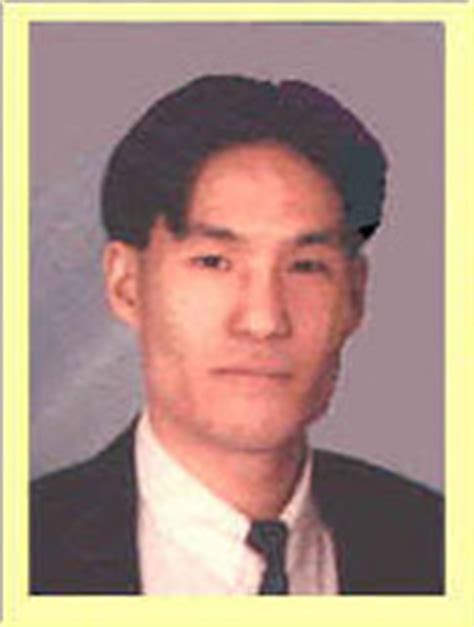A Quote by George Osborne
I think we woefully failed to connect Britain to the growing Chinese economy in the previous decade, and I have sought to remedy that. China is now the sixth biggest trading partner with the UK. We have attracted now the lion's share of Chinese investment that is going into Europe.
Related Quotes
At the moment we are hard-wired into the European markets - 50% of our exports go to Europe - and that has not been good for the UK. So I'm not saying "make Britain entirely dependent on China". I'm saying "let's diversify a bit". When I became chancellor, China was our ninth largest trading partner. This is the world's second biggest economy. China was doing more business with Belgium than it was with Britain.
If the Chinese economy can be opened so that currencies are convertible, Chinese tourists can take money and go see the world. Chinese businessmen can go and buy property in the U.S. and France and every place. All of a sudden, it's just going to be a blossoming global economy. I think it's going to be good for everybody.
I think there's going to be a real push in the next two years in Asia - China and Korea specifically. And that's a huge undertaking. Ten years ago it was impossible to break into that part of the world. Some of the biggest companies in the world found it challenging. But I am Chinese-American and I think what we do will resonate in China. So that's where we see our biggest opportunities going forward. I do speak Mandarin and I also relate to the hunger that China has for culture and architecture and style.
I think China thinks information technology is less important than we think it is in the US, economically, and more important politically. And so Chinese internet companies are extremely political, they're protected behind the great firewall of China, and investment in Alibaba is good as long as Jack Ma stays in the good graces of the Chinese communist party. Alibaba is largely copying various business models from the US; they have combined some things in interesting new ways, but I think it's fundamentally a business that works because of the political protection you get in China.
There are a lot of Chinese-American designers and Chinese designers who have had an impact a little bit on the American market, but I think it's going to be interesting to watch if, over time, somebody can emerge from China who is based in China, and whether they come and show in Paris, like Rei Kawakubo or Yohji Yamamoto did.
Of other countries, to impose economic sanctions, it'd really begin to dry up the enormous amount of money coming into North Korea, a lot of it from China - from Chinese banks - whereas, if we sanction the Chinese banks, there could be friction with China. But this is something we're going to have to face.
































